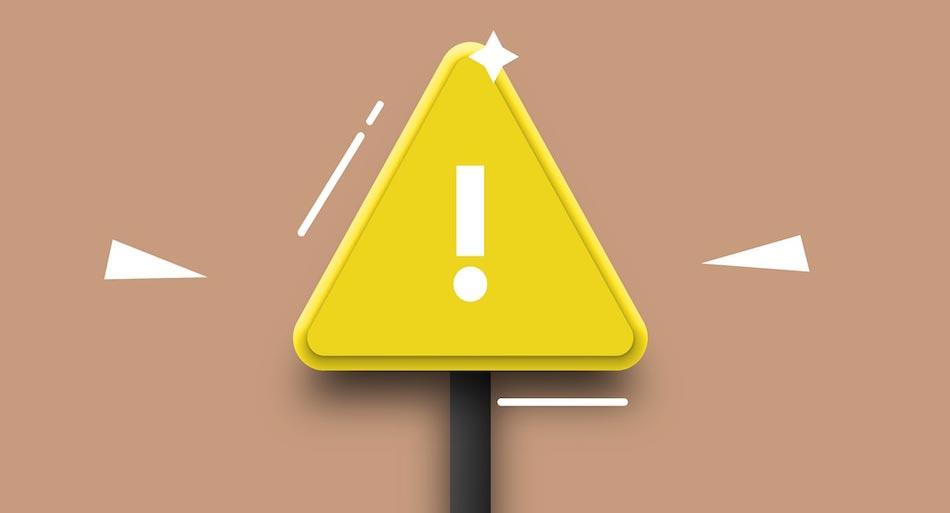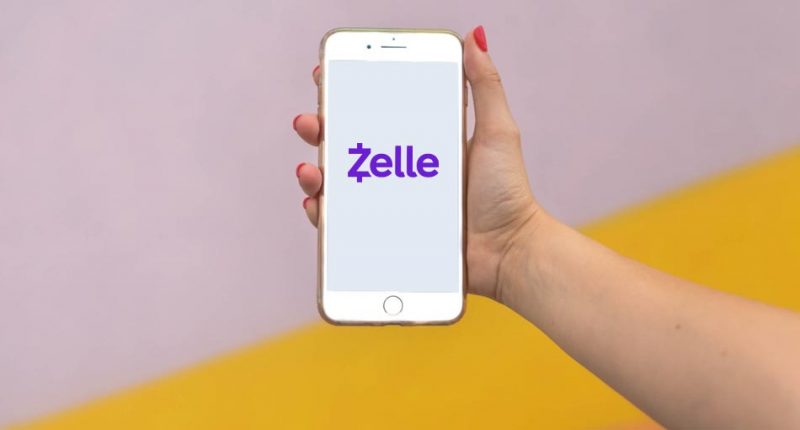Like Venmo, PayPal, Payoneer, Stripe, Cash App, and many others, Zelle is another peer-to-peer payment service meant for users to send and receive money easily from friends and family. Unfortunately, however, many Zelle scams are doing the rounds that you need to watch.
In this post, we tell you what these Zelle scams are, how they work, how to protect yourself against scammers, and ways to report a Zelle Scam. Read on.
What is a Zelle Scam? How Does it Work?
Zelle is a popular money transfer tool that some unscrupulous individuals use to trick their victims and transfer thousands of dollars into their accounts within minutes. There has been an uptick in the number of these fraudulent cases as the I-Teams get inundated with frantic calls from Zelle users. The FBI has a clear warning for all.
Interviews with the victims have revealed that scammers call with personal information like their name, date of birth, and account number. These are enough for the victims to believe that they are speaking to an employee representing the bank they have an account with. Their caller IDs also reflect calls from a bank.
Posing as employees, the scammers then raise a scare stating that the person in question has lost money running into thousands of dollars purportedly through fraudulent withdrawals. Smart scammers sound as legit as they possibly can to fool their victims into believing that they are speaking to a bank official.
Scammers can pretend to be your bank, or money transfer app (in this case Zelle). They use spoofing techniques to trick their targets. Watch out for red flags when they email or call you to request money. Zelle will never do that.
Types of Zelle Scams

There are variations of the Zelle Scam, some of which have been listed below for your knowledge.
1) Phishing Scams — The FBI and Zelle teams have sent out alerts to users warning them against fake or phishing emails containing links and requests for personal information. Be warned. No legitimate company will ever ask for confidential and sensitive information via emails or text messages; remember they already have your information so why would they request something they already have in their records?
2) Fraudulent Transactions — Scammers have a collection of stolen information and personal data of victims which they use to make fraudulent transactions through Zelle.
3) Fake Customer Service Representatives — In these types of scams, the imposters will pose as customer service representatives to gain access to your personal and financial information.
4) Spoofed Websites — Scammers create fake websites that resemble Zelle’s original website. Now, this one is tough. You need to be very vigilant to make the minutest observations.
5) Social Engineering — Scammers trick you into believing that they are friends, family, or people known to you, but in reality, they are fraudsters. They ask for money for medical emergencies or purposes that are completely fictional, creating urgencies and compelling you to make big transfers into their accounts.
How to Protect Yourself From Zelle Scam

Never click on links in unsolicited emails or text messages from unverified sources. Always ensure that you are on Zelle’s official website before entering any personal information.
Always keep your personal information secured, and be cautious of anyone who requests a payment through Zelle that you weren’t expecting. Always verify the identity of customer service agents before providing any information over the phone. Be wary if they initiated contact with you unsolicited. It is always better not to provide any sensitive information at all via any electronic means, and no bank or payment service provider will do that either.
Look out for any spelling or grammatical errors, email IDs that look unofficial, or salutations that do not fit in with the format. Always use a secure internet connection. And lastly, monitor your Zelle account activity regularly to detect any suspicious activity.
How to Get Help? 3 Ways to Report Zelle Scam
If you have been a victim of Zelle Scam, you can take a few steps to report the incident to the right authorities.
Contact Zelle Customer Service — You must talk to a Customer Support Executive at Zelle to report the scam. You can call 1-844-428-8542 or file a report on the official website. They will take measures to investigate the matter from their end, will forward the complaint to the law enforcement department, and will cooperate with them from all possible angles to bring closure to your case.
Report to Your Bank or Credit Card Company — If you made any monetary transactions through Zelle using your credit card or bank account, it is important that you immediately report the scam to your credit card company/bank (as the case may be) to help you recover any stolen funds, block pending payments, and protect your account from such frauds in the future.
Approach Law Enforcement Agencies — File a Complaint with the FTC, Internet Crime Complaint Center (IC3), and the Consumer Financial Protection Bureau (CFPB). The FTC, or the Federal Trade Commission is a government agency that collects scam reports and investigates consumer complaints. They take action against companies that resort to business malpractices and fraudulent methods to cheat their customers.
The IC3 is a partnership between the FBI and the National White Collar Crime Center, so if the scam is significant enough, you can consider filing a complaint with the IC3. The CFPB is another government agency that protects consumers from financial fraud and abuse. The CFPB will look into your issue if you feel that your rights and privacy have been violated in connection with the scam.
By reporting a scam you will prevent others and yourself from all such future scams, as the authorities begin to crack a whip on the perpetrators.

